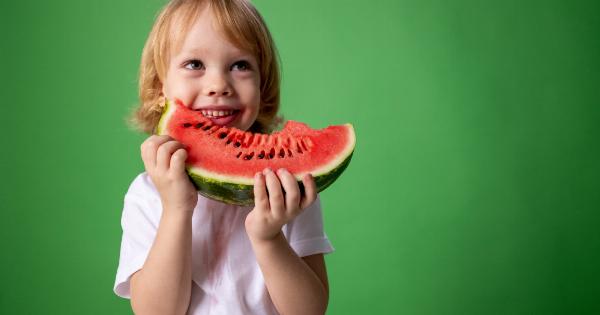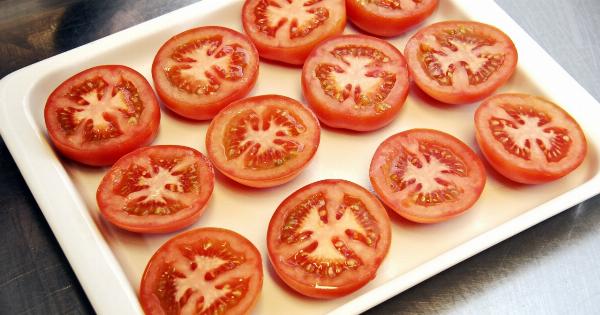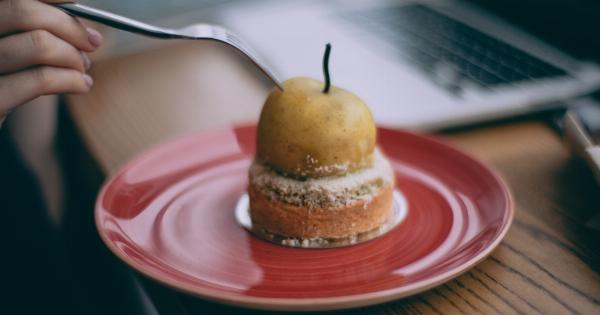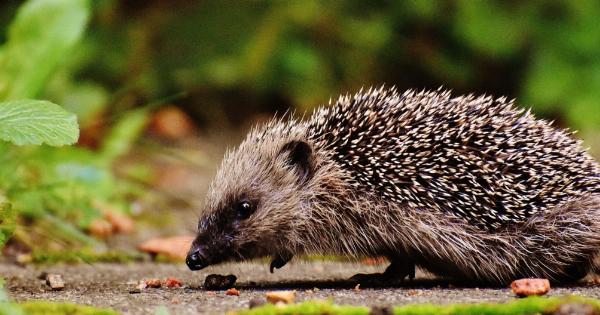Anemia is a health condition where the body is unable to produce enough red blood cells or hemoglobin, which leads to reduced oxygen levels in the blood. Symptoms of anemia include fatigue, weakness, and shortness of breath.
While anemia can be caused by several factors, including genetic disorders, infections, and nutritional deficiencies, the lack of essential nutrients is a leading cause of anemia.
One of the essential nutrients required by the body to avoid anemia is iron. Iron is required for the production of hemoglobin, which is the protein in red blood cells responsible for transporting oxygen to the body.
When the body lacks iron, it becomes unable to produce healthy red blood cells, leading to anemia.
Seeds are an excellent source of nutrients for people looking to fight anemia. They are also a significant source of iron. In this article, we will discuss some of the seeds that are effective in preventing and treating anemia.
Pumpkin Seeds
Pumpkin seeds are a type of seed that is packed with nutrients and minerals required by the body.
They are an excellent source of iron, with one cup of pumpkin seeds (64 grams) providing about 8.6 milligrams of iron, which is about 48% of the daily recommended intake. Iron in pumpkin seeds is in the form of non-heme iron, which is not as readily absorbed by the body as heme iron.
However, pumpkin seeds have a high vitamin C content, which helps increase the absorption of non-heme iron in the body.
This means that consuming pumpkin seeds with vitamin C-rich sources such as oranges or strawberries can help the body efficiently absorb iron and prevent anemia. Pumpkin seeds can be eaten raw, roasted, or added to salads, smoothies, or granola.
Chia Seeds
Chia seeds originated from Mexico and were an essential part of the Aztec and Mayan diets. Chia seeds are a versatile seed and are an excellent source of nutrients like fiber, protein, and omega-3 fatty acids.
They are also an excellent source of iron, with one tablespoon (15 grams) providing about 1 milligram of iron, which is about 6% of the daily recommended intake.
Although the amount of iron in chia seeds is relatively small, it is more readily absorbed by the body than non-heme iron. Furthermore, chia seeds are an excellent source of copper, a mineral required by the body to absorb and use iron effectively.
Chia seeds can be added to smoothies, cereals, or yogurt for a nutrient-rich breakfast or snack.
Flax Seeds
Flax seeds are tiny, brown or yellow seeds that are packed with nutrients and health benefits. They are an excellent source of fiber, protein, and omega-3 fatty acids.
Flax seeds are also a significant source of iron, with one tablespoon (10 grams) providing about 0.9 milligrams of iron, which is about 5% of the daily recommended intake.
Although the amount of iron in flax seeds is relatively small, it is rich in lignans, which are compounds that have been shown to have a protective effect against cancer and heart disease.
Flax seeds can be ground and added to smoothies, pancakes, or used as an egg substitute in baking recipes.
Sesame Seeds
Sesame seeds are tiny, oval-shaped seeds that have a nutty flavor and are widely used in many cuisines worldwide. They are a rich source of nutrients like fiber, protein, and healthy fats.
Sesame seeds are also an excellent source of iron, with one tablespoon (9 grams) providing about 0.7 milligrams of iron, which is about 4% of the daily recommended intake.
In addition to being a source of iron, sesame seeds are a significant source of copper, a mineral required by the body to absorb and use iron effectively. Sesame seeds can be added to salads, stir-fries, or used as a topping for bread or crackers.
Sunflower Seeds
Sunflower seeds are the fruit of a sunflower plant and are widely used in cooking. They are an excellent source of nutrients like fiber, protein, and healthy fats.
Sunflower seeds are also a significant source of iron, with one cup (140 grams) providing about 2.7 milligrams of iron, which is about 15% of the daily recommended intake.
While the amount of iron in sunflower seeds is not as high as in other seeds, they are rich in vitamin E, a potent antioxidant that helps protect cells from damage. Vitamin E is also important for the proper functioning of the immune system.
Sunflower seeds can be roasted and eaten as a snack or added to bread, cereal, or salad.
The Bottom Line
Seeds are an excellent source of nutrients that are essential for maintaining good health. They are also a significant source of iron, a mineral required by the body to prevent anemia.
Incorporating seeds into your diet can help prevent and treat anemia and improve overall health and wellbeing. Adding vitamin C-rich foods and sources of copper to your meals can also help the body absorb iron efficiently.





























